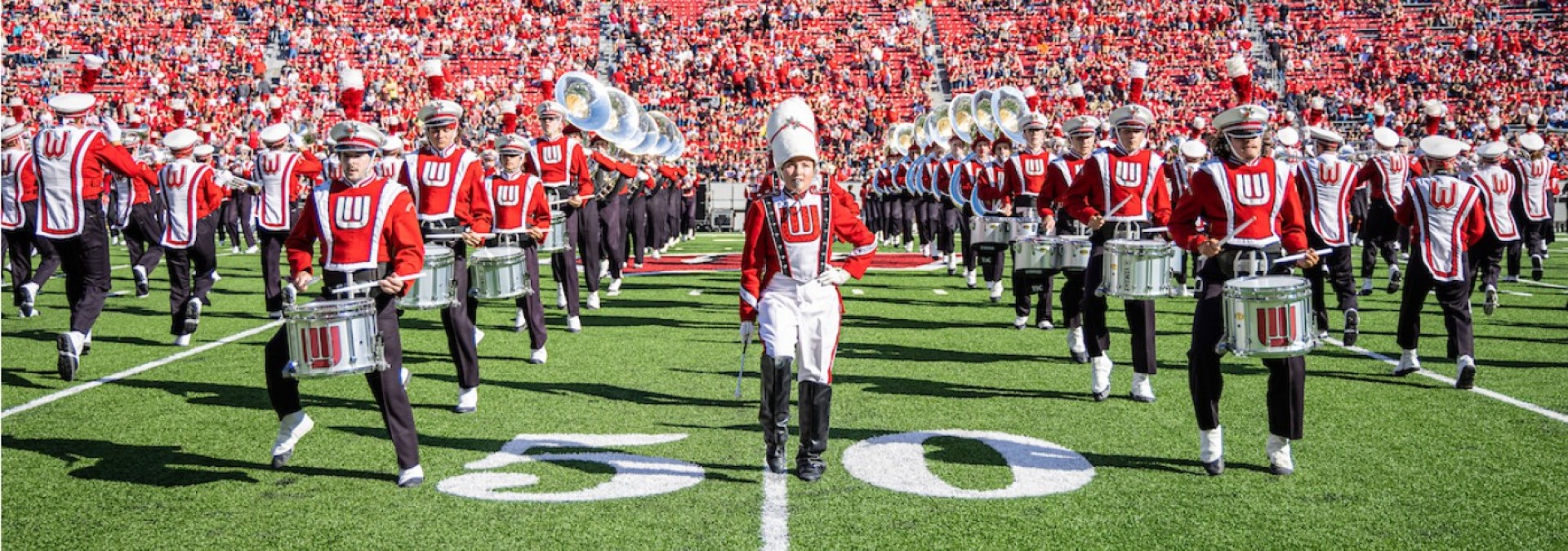Artistic Interpretation: How a musician personally expresses a piece of music while still respecting the composer’s intent and style.
Audition Panel: A group of judges—usually music faculty—who evaluate prospective students during auditions.
Baroque Era: A period in music history (approx. 1600–1750) known for composers like Bach and Handel. Music from this era often features ornate, intricate melodies and counterpoint.
Chamber Music: Small ensemble music performed by a group of 2–8 players, usually with one performer per part.
Contrasting Style Solos: Two musical pieces that differ in style, tempo, emotion, or historical period, chosen to showcase a performer’s range.
Interpretive Depth: A performer’s ability to convey the meaning, style, and emotion of a piece beyond just playing the notes correctly.
Nocturne: A musical composition inspired by the night—typically lyrical, expressive, and slow in tempo. Often written for solo piano.
Phrasing: How a musician shapes a musical sentence—similar to speaking with emotion and clarity. It involves dynamics, pauses, and emphasis.
Prelude: A short, standalone musical piece or an introduction to a larger work, often showcasing a mood or technical skill.
Repertoire: The collection of music pieces a musician knows and is prepared to perform.
Romantic Period: An era in music (approx. 1800–1910) marked by expressive emotion, dramatic contrasts, and composers like Chopin, Schumann, and Brahms.
Solo Recital: A performance by a single musician, often showcasing their skill across multiple pieces.
Technique / Technical Skill: The physical ability to play an instrument well—includes speed, accuracy, dexterity, and control.
Tone: The quality or color of sound a musician produces on their instrument or voice—rich, warm, bright, dark, etc.
Versatility: The ability to perform well in multiple musical styles or genres.

.jpg)
.png) ARTICLE GLOSSARY
ARTICLE GLOSSARY

.png)
.png)


.jpg)

.jpg)

.png)




.jpg)
.png)










.jpg)



.jpg)
.jpg)
.jpg)
.jpg)
.jpg)

.png)
.png)

